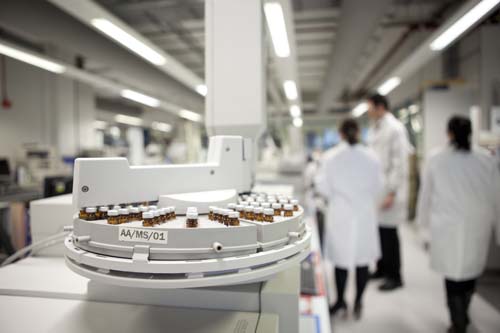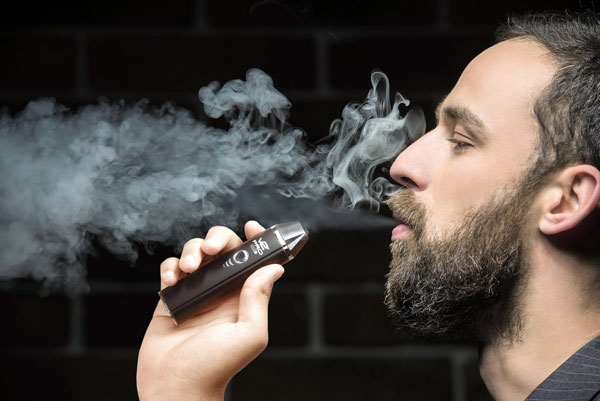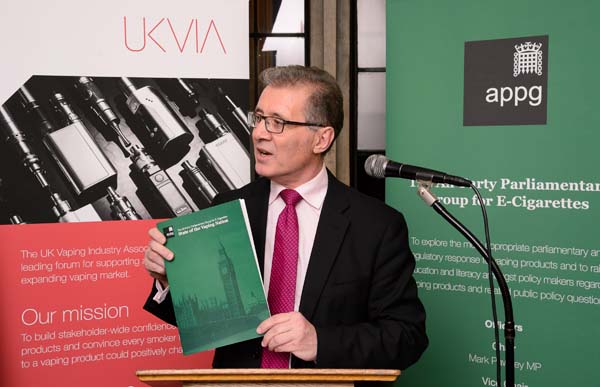British American Tobacco yesterday published its 2018 Harm Reduction Focus Report, which looks at the company’s strategy of ‘transforming tobacco’ by seeking to provide consumers with satisfying, reduced-risk alternatives to smoking.
‘This new report highlights BAT’s continued commitment to contributing to tobacco harm reduction,’ the company said in a note posted on its website. ‘It demonstrates how the company has made tremendous progress in its long-held ambition to provide consumers with less risky tobacco and nicotine choices. Adult consumers are offered a much broader range of alternatives than ever before, including vapor products, tobacco heating products and oral tobacco and nicotine products in 28 countries globally.’
BAT said the report focused also on how the company was maximising the potential of its products to contribute to harm reduction by continuously investing in innovation, building reliable evidence backed by robust science, and driving responsible growth of the industry through collaborative efforts.
“At BAT, we’re committed to transforming tobacco by providing consumers with satisfying alternatives to smoking,” chief executive Nicandro Durante was quoted as saying. “Without the right products, tobacco harm reduction will never be a reality, which is why our approach is centred on developing an outstanding product portfolio.
“But these products can only meet their potential if the right regulatory and market conditions are in place. Stakeholders from across government, industry and public health need to continue to work together to create an environment for tobacco harm reduction to be successful.
“As I come to the end of my eight-year tenure as CEO of this fantastic company I am immensely proud of the progress we have made with regards to harm reduction. But this is just the beginning of BAT’s mission to transform tobacco.”
The report highlights are said to include:
- Expert viewpoints from BAT’s senior leadership in which Durante comments on BAT’s progress in its commitment to harm reduction under his leadership, and in which scientific and R&D director Dr. David O’Reilly writes about the transformation of the tobacco industry and what it means for BAT.
- An expert stakeholder viewpoint from Dr. Saul Shiffman, a professor of clinical and health psychology, who has been conducting behavioral research on nicotine and tobacco for 45 years.
- Information on BAT’s diverse range of potentially reduced-risk products (PRRPs) – from vapor products and tobacco heating products, to oral tobacco and nicotine products – that are now available in 28 countries.
- An overview of the scientific assessment framework BAT has developed to assess the reduced-risk potential of its products.
- A reference to the growing body of independent evidence that demonstrates the reduced risk of emerging tobacco and nicotine alternatives to smoking.
- The importance of effective regulation, including product quality, and safety standards.
- BAT’s continued commitment to tobacco harm reduction – how it will continue to invest in seeking to develop less risky alternatives to cigarettes, provide sound science behind its products, engage with regulators to raise awareness about the potential benefits of PRRPs, and responsibly market its products to adult consumers looking for potentially less risky alternatives.










